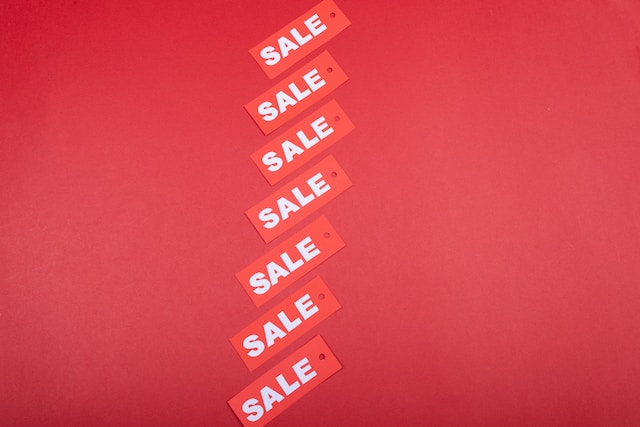When you own a copyright, it is imperative to familiarize yourself with the rights afforded to you. Unfortunately, many are unfamiliar with the liberties afforded to them and thus do not know when a copyright violation occurs. You’ll want to keep reading to learn about these privileges, especially distribution rights. You’ll also discover how copyright infringement lawyers can help you navigate these complex situations.
What Rights Do Copyright Owners Have?
As a copyright owner, it’s essential to understand what rights you have. As the copyright owner, you have exclusive rights, which differ significantly from the rights of someone who owns a copy of your work. These include:
- The right to reproduce your work
- The right to distribute copies of your work
- The right to perform the work
- The right to display the work
- The right to prepare derivative works
Of these rights, there is significant importance in reproduction and distribution privileges. These ensure that no one other than you, the copyright owner, can reproduce your work. This includes making photocopies of your book or using a character you’ve created in their movie.
However, distribution rights are just as vital. These give copyright owners the exclusive right to make their work public and available. It also allows you to prevent the unauthorized distribution of your work, such as uploading a movie to a file-sharing website.
What Can I Do if Someone Violates My Distribution Rights?
You must understand, however, that the first sale doctrine does protect the rights of someone who own copyrighted material. For example, if you write a book, and someone buys a copy, they are well within their right to sell that copy of the book without facing copyright infringement. However, there are limitations on how far the first sale doctrine can go. Only the owner of the copyrighted material has the right to purchase or rent their property. For example, a patron cannot rent a movie from a store only to rent it to another party.
If you believe your distribution rights have been violated, and they do not fall under the first-sale doctrine, it’s imperative to understand the steps you should take. The most important thing to do is to document the infringement. This includes taking screenshots of your work being unfairly distributed and writing down the date, time, and URL if the offense took place online. If it occurred elsewhere, you still must take the necessary steps to obtain proof of the violation.
Next, you’ll want to contact CopyCat Legal as soon as possible. Our dedicated legal team will do everything possible to help you recover damages and justice. Reach out today to connect with a member of our firm to discuss the details of your case.

